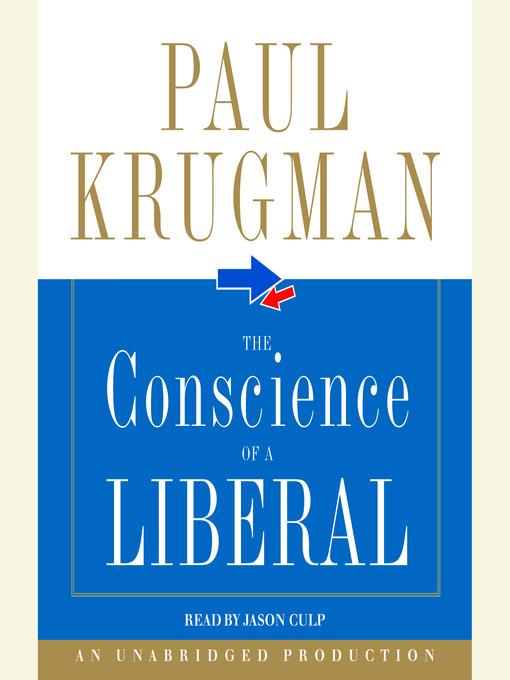
The Conscience of a Liberal
- اطلاعات
- نقد و بررسی
- دیدگاه کاربران
نقد و بررسی

October 1, 2007
Economist and New York Times writer Krugman expands on the angry-liberal economic perspective of his newspaper columns, documenting the shrinking of the middle class and the increase in American economic inequality with statistics and well-chosen examples. Krugman's polemic is read by soap-opera actor Culp with unassuming ease. Culp reads like he imagines an economics professor might sound, but jazzes up the learning with a bit of actorly pizzazz. Having never met a sentence he didn't like, Culp turns Krugman's pessimistic diatribe into an oddly jaunty march through economic theory. This isn't necessarily a bad thing; Culp's voice is pleasant and makes for a nice accompaniment to Krugman's tome. Without him, consciences might not have been quite so stirred. Simultaneous release with the W.W. Norton hardcover (Reviews, Sept. 17).

Starred review from September 17, 2007
Economist and New York Times
columnist Krugman's stimulating manifesto aims to galvanize today's progressives the way Barry Goldwater's The Conscience of a Conservative
did right-wingers in 1964. Krugman's great theme is economic equality and the liberal politics that support it. “America's post-war middle-class society” was not the automatic product of a free-market economy, he writes, but “was created... by the policies of the Roosevelt Administration.” By strengthening labor unions and taxing the rich to fund redistributive programs like Social Security and Medicare, the New Deal consensus narrowed the income gap, lifted the working class out of poverty and made the economy boom. Things went awry, Krugman contends, with the Republican Party's takeover by “movement conservatism,” practicing a politics of “deception distraction” to advance the interests of the wealthy. Conservative initiatives to cut taxes for the rich, dismantle social programs and demolish unions, he argues, have led to sharply rising inequality, with the incomes of the wealthiest soaring while those of most workers stagnate. Krugman's accessible, stylishly presented argument deftly combines economic data with social and political analysis; his account of the racial politics driving conservative successes is especially sharp. The result is a compelling historical defense of liberalism and a clarion call for Americans to retake control of their economic destiny.




دیدگاه کاربران